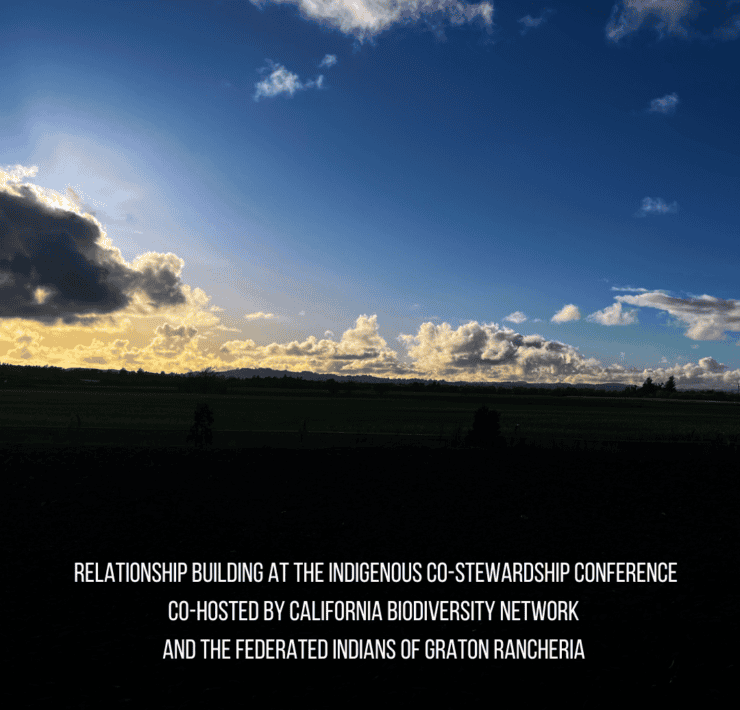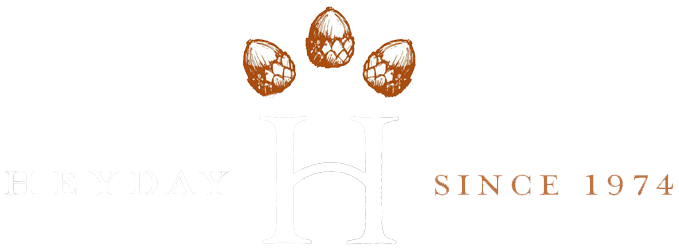Meet 2023 Graton Heyday Berkeley Roundhouse Writing Intern, Tavi Lorelle Carpenter
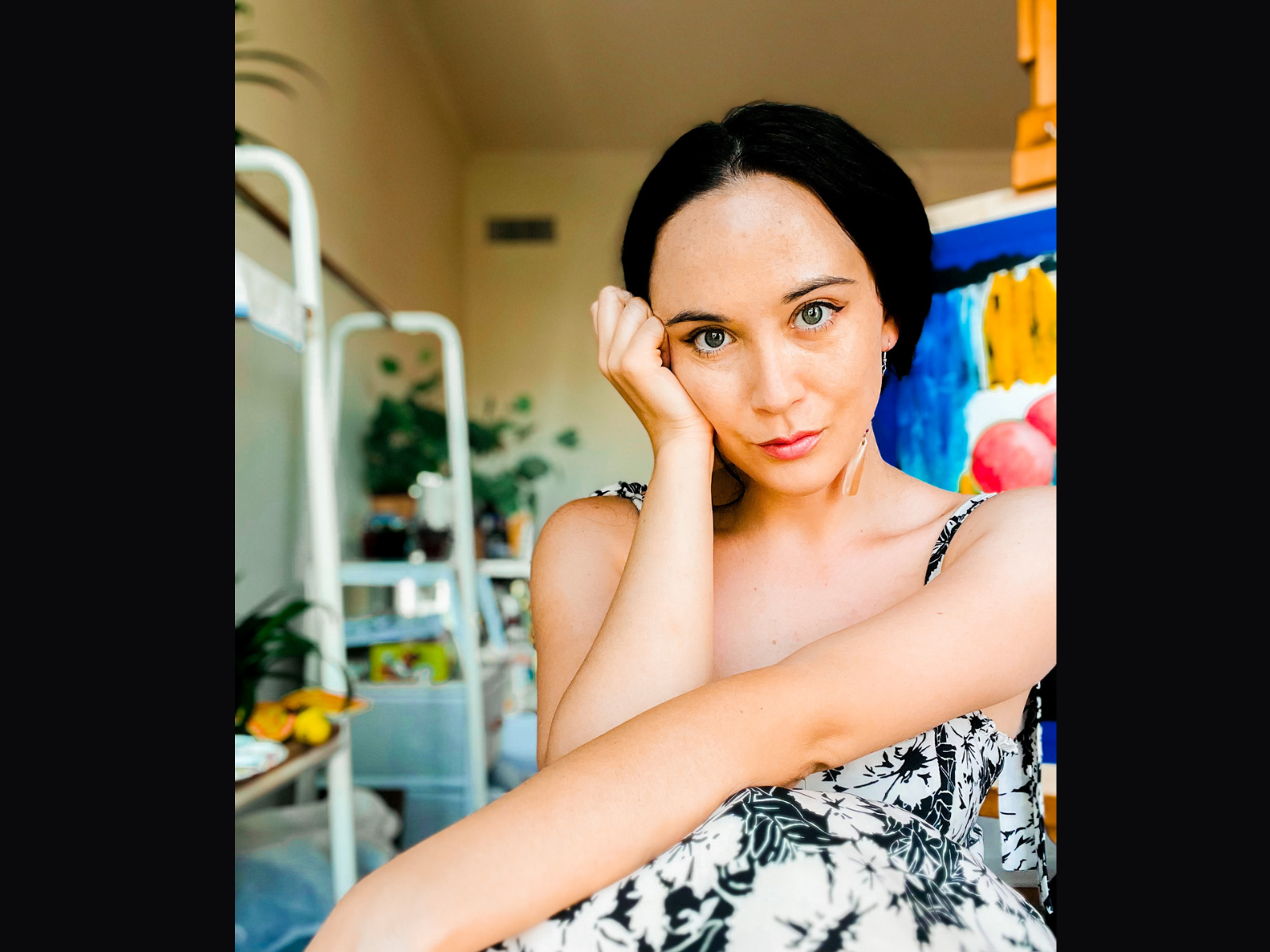
It’s always difficult to introduce yourself, what is important to share? How can I fully explain who I am in a concise manner that’s engaging and enticing while at the same time allowing the most important parts of myself to remain fully my own.
Consumed in indecision, it’s like I’ve decided to forget who I am and I stare blankly at the google doc before me. So I turn to the music from my childhood and dance around the house like the wild free thing I was raised to be. The joys of working from home.
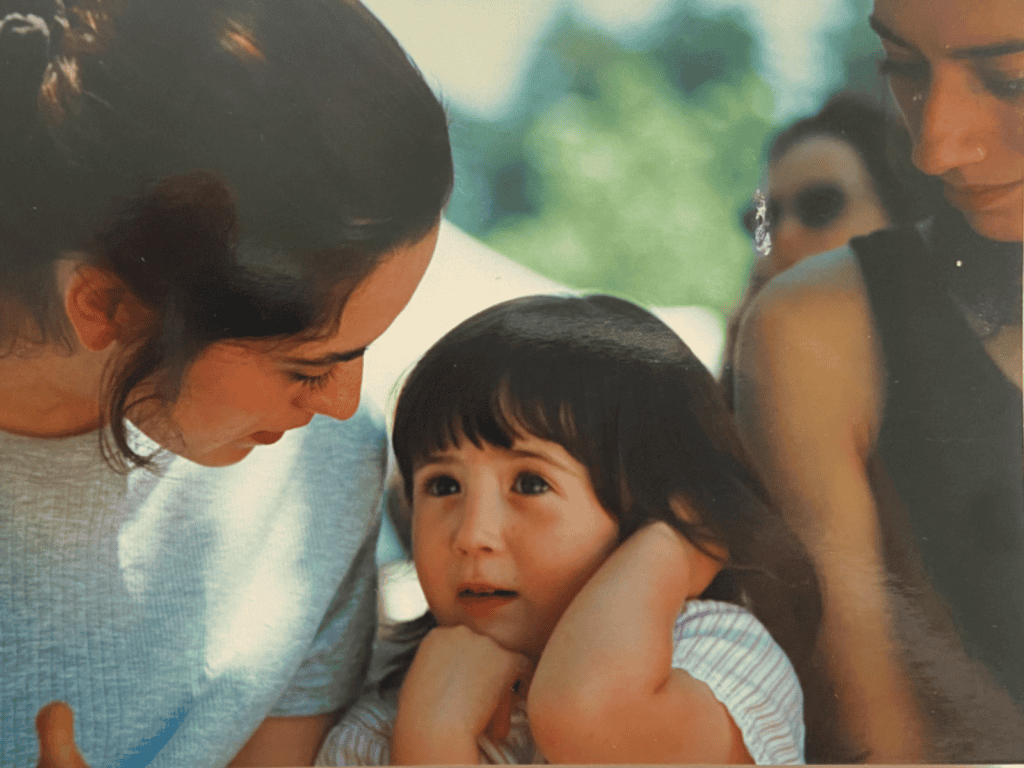
Being Native has always been something I am but not something I knew how to declare. My pale skin has always allowed me a degree of anonymity and at a later point, I hope to further discuss colorism, ethnic commodification and identity politics within Native communities. Topics of which I’ve only scratched the surface of during my undergraduate time at UCLA.
But it’s always been of importance to me that I acknowledge the privilege my skin color has given me. And to also acknowledge the ways other phenotypic identifiers have “given me away”. Being a mixed person in America, wherein race and ethnicity touches upon all aspects of life(whether we admit it or not), is a challenge to the colonial agenda of purity in monoraciality.
Have you stopped reading yet? I know race gets people uncomfortable and it’s complicated for California Native people. Our history is different from the rest of the country.
And our story is largely untold.
Have you ever encountered the well meaning white person stating: “I didn’t know there were any California Indian people!”
I have. My whole life.
One of my more amusing encounters occurred on a dating app. He asked for my ethnicity (because as a talent agent put it: I’m that confusing “too caucasian and too ethnically ambiguous” for comfort).
I told him I was white and California Native.
He responded: “Lol, I meant your ethnicity. I’m California Native too!”
So just to really mess with him I told him I was Coast Miwok, Southern Pomo and Wappo.
“Wow, lol” he commented, “I haven’t heard of those ethnicities”.
LOL, indeed. As you can imagine, we obviously didn’t go out.
But I guess I start with this conversation because the way my family “legacy” plays out, has always felt a little different.
I’m the first person in my family that is able to pass. Before that, nobody was confusing us for anything but Indian. We got dem cheekbones for days.
But we don’t have those traditional skills.
I don’t have that dance, that song, those words.
In our family, where the hardships endured extend even beyond the typical, we carry our legacy a little different.
My Grandmother has always told me that she doesn’t care what I do as long as I’m a good person, living in a good way.
But I can remember a time when my Grandmother felt like she didn’t know me. I know because she told me so. And it hurt me so much not because of her words but because it was true. And I didn’t know me either, I just knew that being me was painful and I wanted to escape my family, my heritage, and myself.
As an eighteen-year-old girl-woman, the politics that come with being a Native person had finally infiltrated my life and something that had just been truth, had suddenly come into question. The burden of proving the reality of who I was when I was still understanding who I am became overwhelming.
So I ran away to the circus that is New York City.
For an entire year, I didn’t really talk to my family.
Tucked away in a room full of budding egos (that is an acting conservatory), no one cared who I was, only what I could do.
When I think back to my late teens and early twenties and it’s all clouded in darkness, with occasional fluorescents, making the good memories seem hauntingly stark. Even during the “happiest year of my life”, I was crying every day and my hair was falling out.
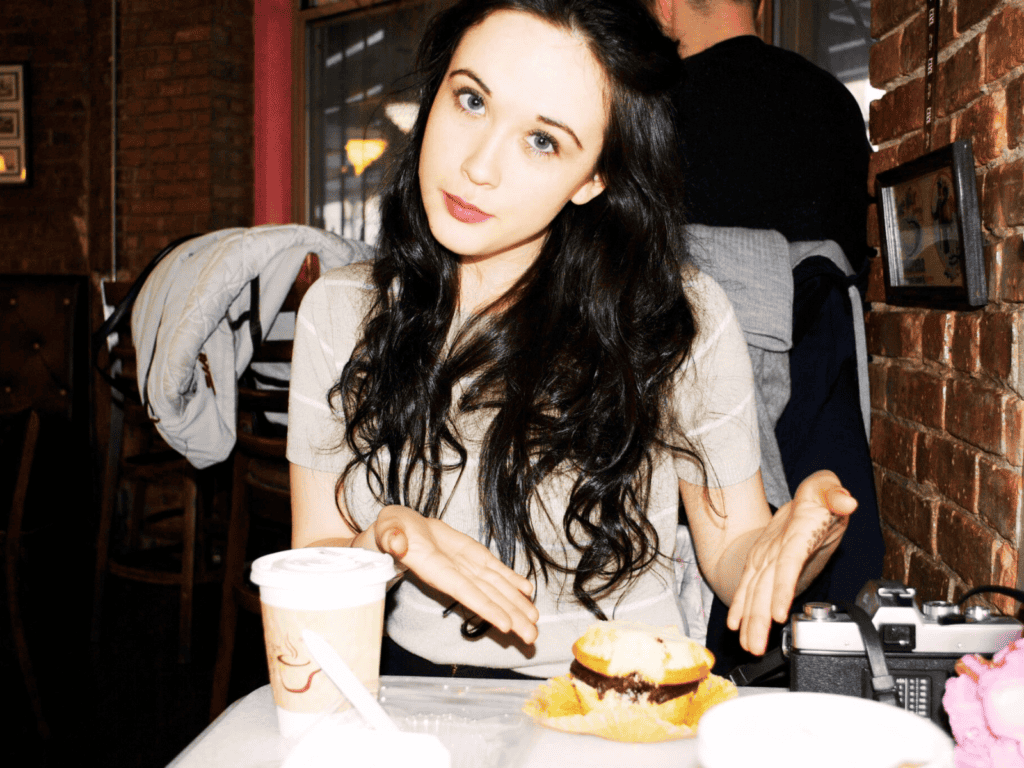
I don’t remember what shifted but at some point I started to understand that you cannot run from yourself.
It would take some more hard lessons for me to finally do what my Grandma had always taught me to do: give without the expectation of receiving.
But of course you always do receive, that is the power of community (and why colonialism tries so hard to continue fracturing it).
Sharing who I was became safe and slowly, I started to accept that I cannot change where I come from. It’s carved onto my bones and woven into my skin.
I became curious about how other people, like me, understood who they were. Was I the only whackadoo who thought it’d be easier to deny part of my existence in favor of security? What was indigeneity and what did it look like specifically for California Indian people? I delved into this question during my two years at UCLA as part of an anthropological research project that culminated in a multi-modal website, thesis paper and short film.
And as I’ve gotten older and my ears got better at listening to my elders, I’ve stopped trying to run from who I am.
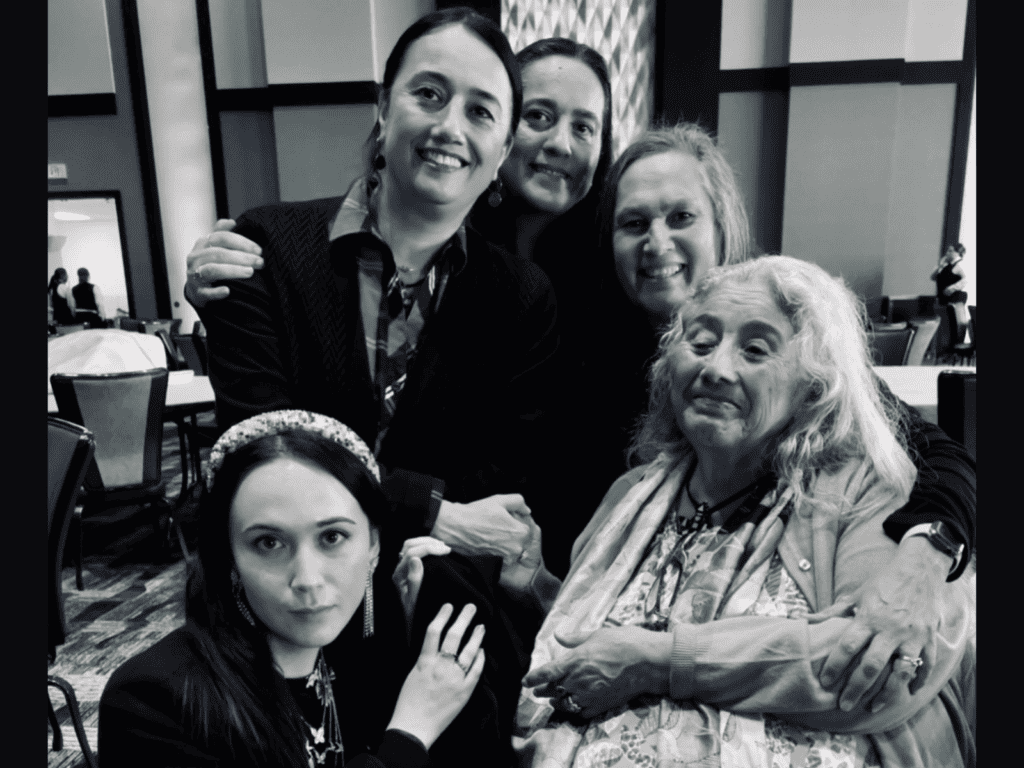
My biggest goal for this year is a renewed commitment to community which is why this opportunity to be the 2023 Graton Heyday Berkeley Roundhouse writing intern is so exciting! I hope to share the amazing things our people are doing, wisdom from our elders, the stories of who we are and to start conversations on topics that matter most to our community.
I would like to thank Terria Smith and the Heyday team for making me feel so welcomed and encouraged. I am looking forward to working with such an inspiring group of people.
I would also like to acknowledge gratitude to the Federated Indians of Graton Rancheria for providing funding for this position.
As always, I have to thank my ancestors, my family and especially my Grandmother. My existence and all I do is because of the love and grace I’ve always been given.
Lastly, I would like to thank the readership of News from Native California, it is beyond an honor to be able to share a little of myself with such a strong, vibrant community.
Until next time!
Tavi Lorelle Carpenter


